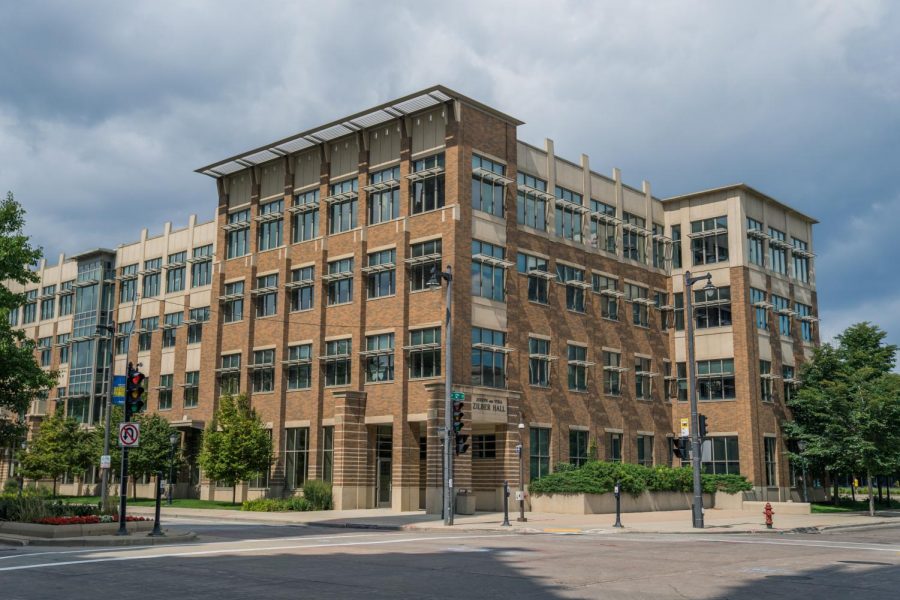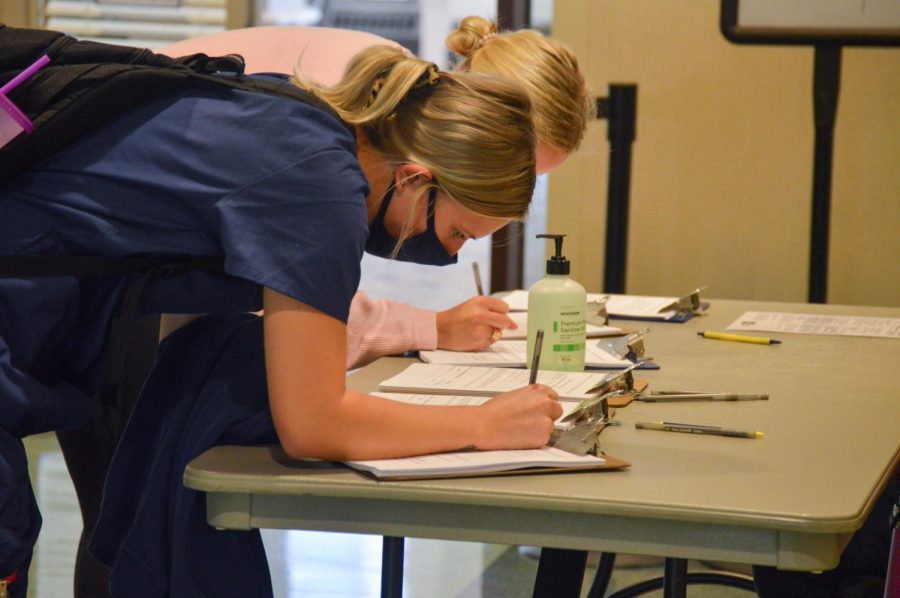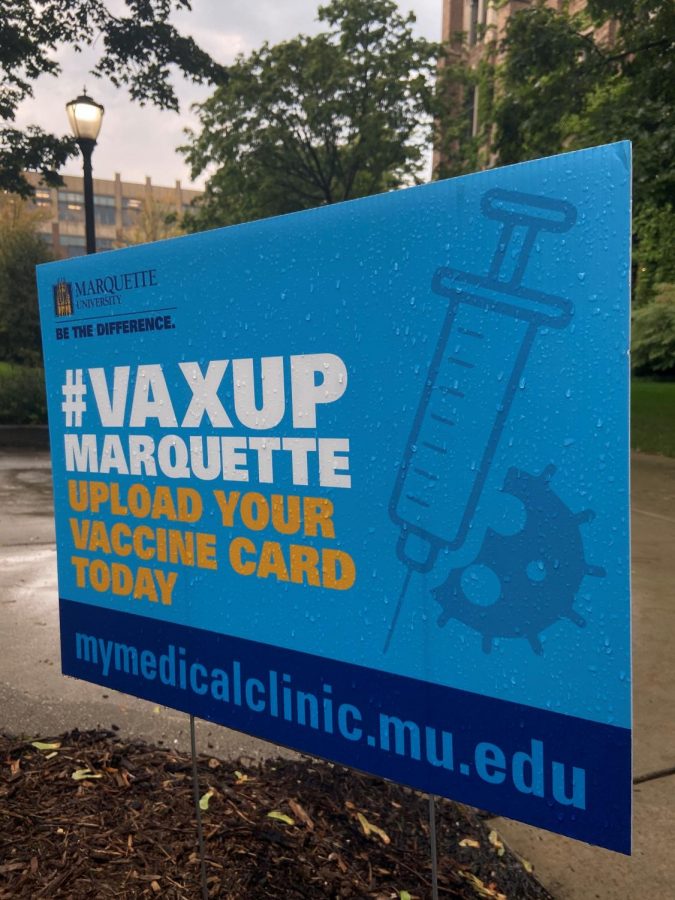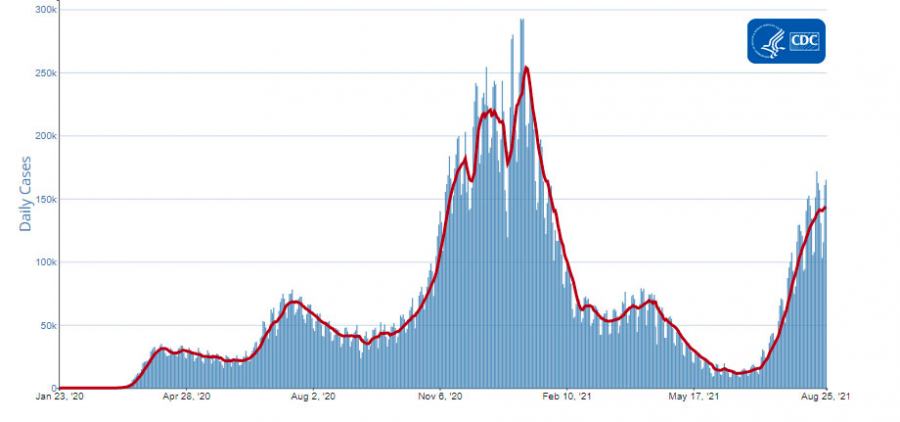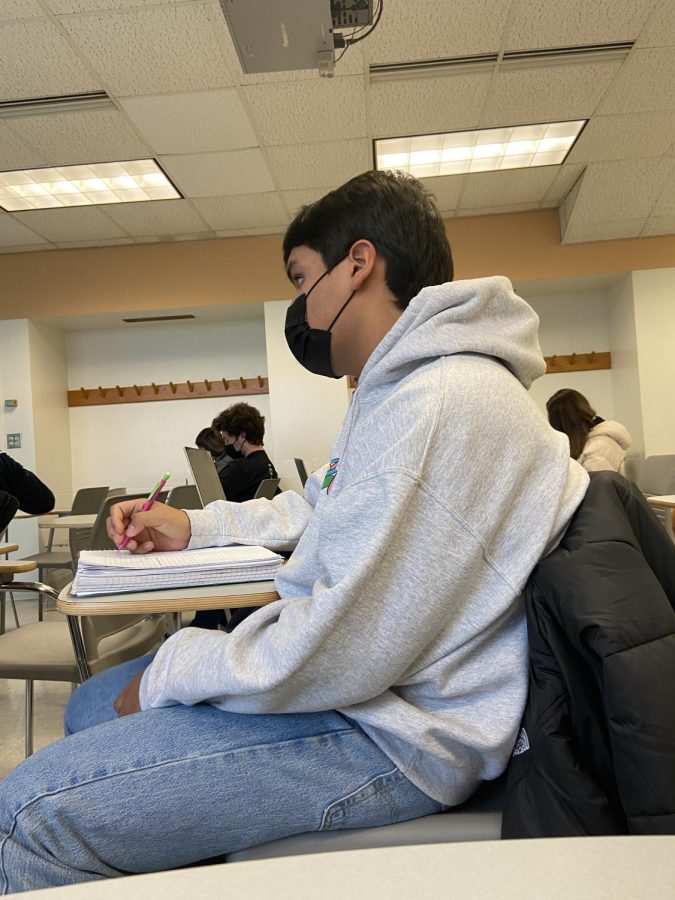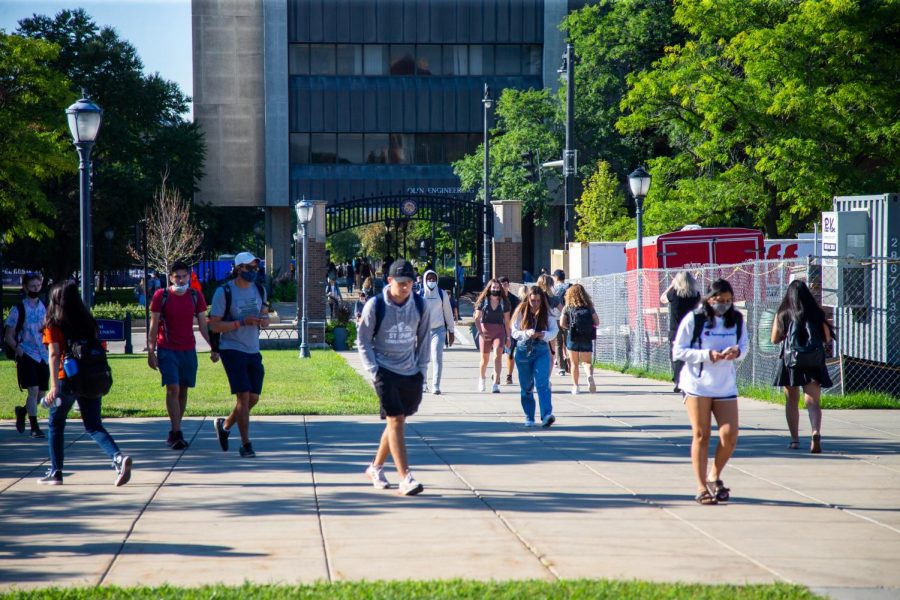A virtual COVID-19 town hall forum Tuesday discussed Marquette University’s current recovery plan and phased return to campus as well as the status on returning its employees to work, along with guidelines employees must follow when in their workspaces.
The forum was held by Marquette University President Michael Lovell and Vice President of Student Affairs Xavier Cole, along with other members of Marquette’s COVID-19 response team. The forum was followed by a Q&A moderated by Cole.
The discussion focused on the plan for getting small groups of employees back to work and what life on campus would look like based on a five-step recovery plan framework, working closely with the city of Milwaukee.
In a recent ruling by the Wisconsin Supreme Court, Gov. Tony Evers’ stay-at-home order was overturned May 13, but Milwaukee Mayor Tom Barrett said Milwaukee’s stay-at-home order will be in place until at least May 26.
Lovell said Marquette’s COVID-19 response team was making “significant progress” in ensuring students and staff are able to return to campus in the fall.
He also said that Marquette is being looked at as “a leading campus” among universities responding to the pandemic. Lovell stated that over 600 universities in the United States plan to continue in-person operations during the fall semester, including all 27 Big-East schools as well as all schools within the UW system.
“We owe it to our students,” Lovell said in the forum. He highlighted the importance of in-person service work and informal interactions between students and professors.
Marquette University Police Department’s assistant chief Jeffrey Kranz said the Marquette’s COVID-19 response team was following a “recovery plan framework” in order to ensure the fastest return to campus.
The framework that the university is following works closely with the city of Milwaukee’s guidelines for response to the pandemic. Marquette’s plan was initially to follow the State of Wisconsin’s “Badger Bounce Back” plan until it was recently overturned by the Wisconsin Legislature, according to Kranz.
Kranz said that Marquette is currently on step two of their recovery plan, which involves putting “health and safety measures in place for small groups of employees to return to campus.
“Planning is based on our moment in time … there are multiple chances for the plans to shift,” Kranz said.
Keli Wollmer, executive director of the Marquette University Medical Clinic, said that step two involved faculty and staff undertaking “screenings” before and after work. This would involve taking employees’ temperature and asking questions related to possible symptoms or places employees have been.
Wollmer said that, should any results from the screening come back “affirmative,” those employees would be sent home.
She also stated that large group meetings would be prohibited, the self-sanitizing cleaning of employees’ workspaces would be encouraged and remote work will be assigned when possible.
Lora Strigens, vice president for planning and facilities management, said that step two also includes providing staff with personal disinfectant and cleaning supplies for high contact workspaces such as personal desks or keyboards.
Strigens also said that, should an employee test positive for COVID-19, the workplace would be shut down and “deep cleaning would take place.” Additionally, she said that workplaces can request a deep cleaning if there is someone who shows symptoms for the coronavirus.
During the Q&A portion of the town hall meeting multiple attendees asked about the nature of on-campus testing.
“There will be on-site, RNA testing,” said Wollmer. Along with testing, Marquette will be looking at card swipes and attendance in order to get information on contact tracing, Wollmer also said.
According to the Centers for Disease Control and Prevention, contact tracing is the identification of individuals which infected people may have come into contact with during the timeframe they may have been infectious. This allows health officials to contact those affected and advise them to self-isolate for up to 14 days.
Whether students, faculty and staff would be encouraged to wear masks on campus, Wollmer said that masks should be worn “in areas where social-distancing may not be possible,” like on the street.
Though the university’s plans to return to normal are dependent on changing conditions, Lovell said he is optimistic based on his virtual meeting with Vice President Mike Pence and Secretary of Education Betsy DeVos last week where they discussed the best possibilities to reopen universities in the fall.
“We have an opportunity to come out stronger on the other side,” Lovell said.
This story was written by Benjamin Wells. He can be reached at benjamin.wells@marquette.edu.

